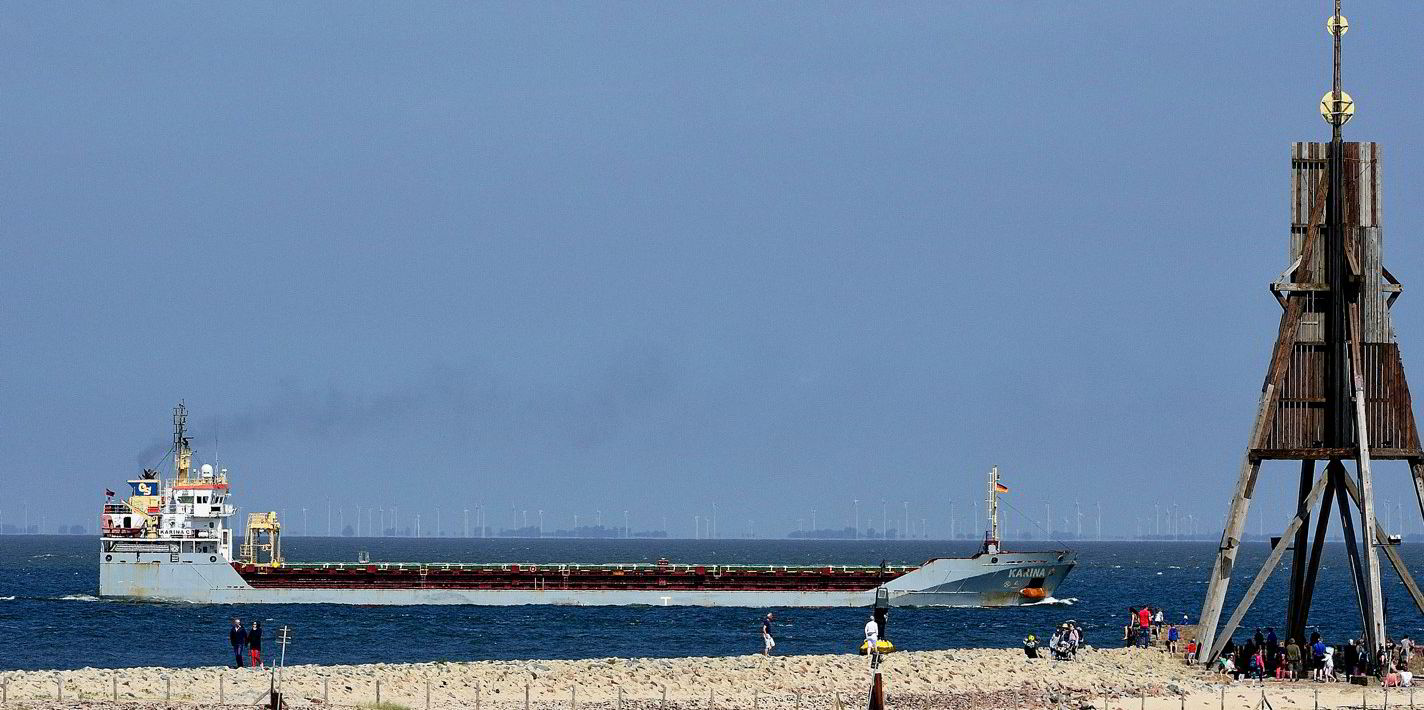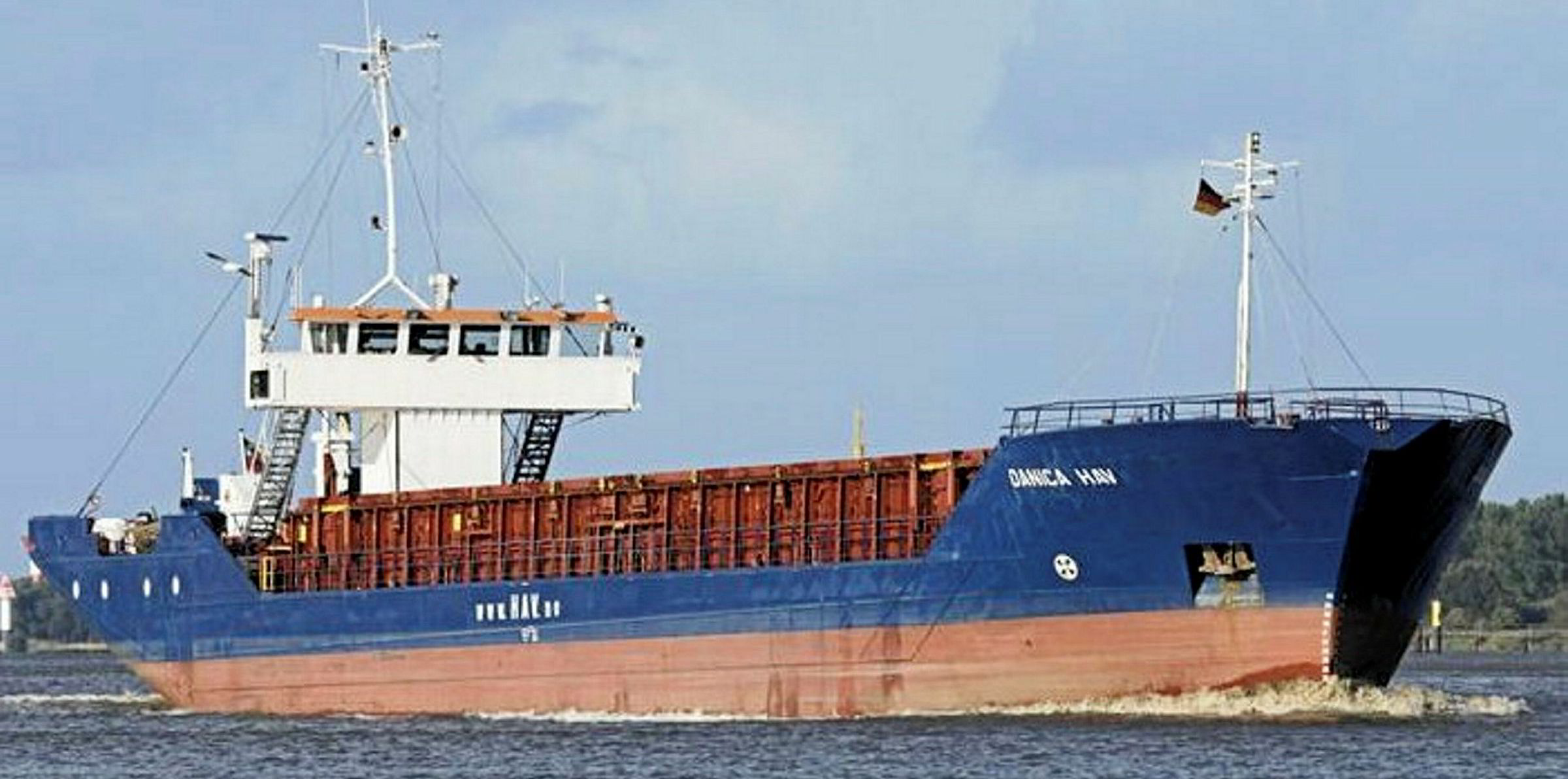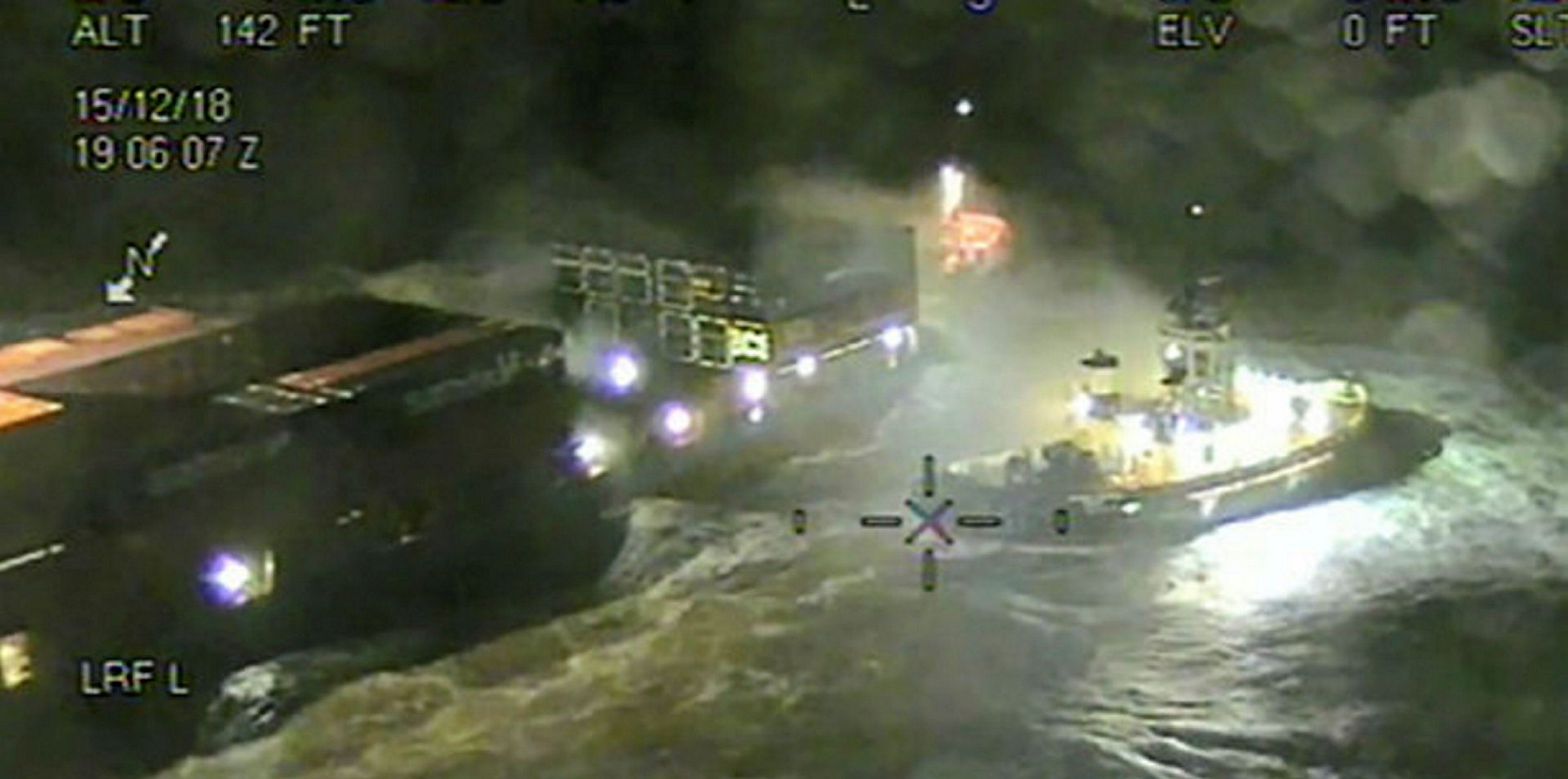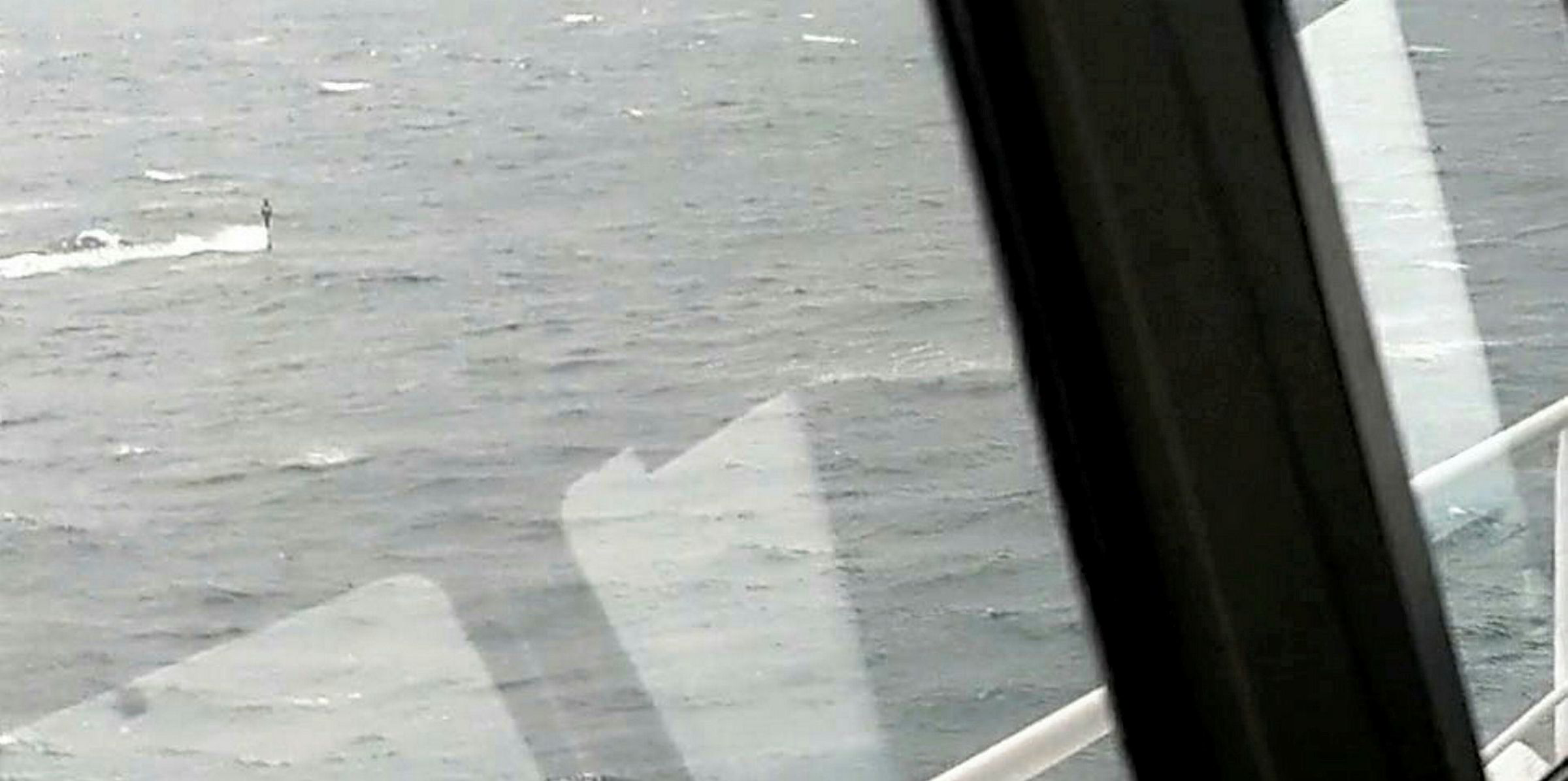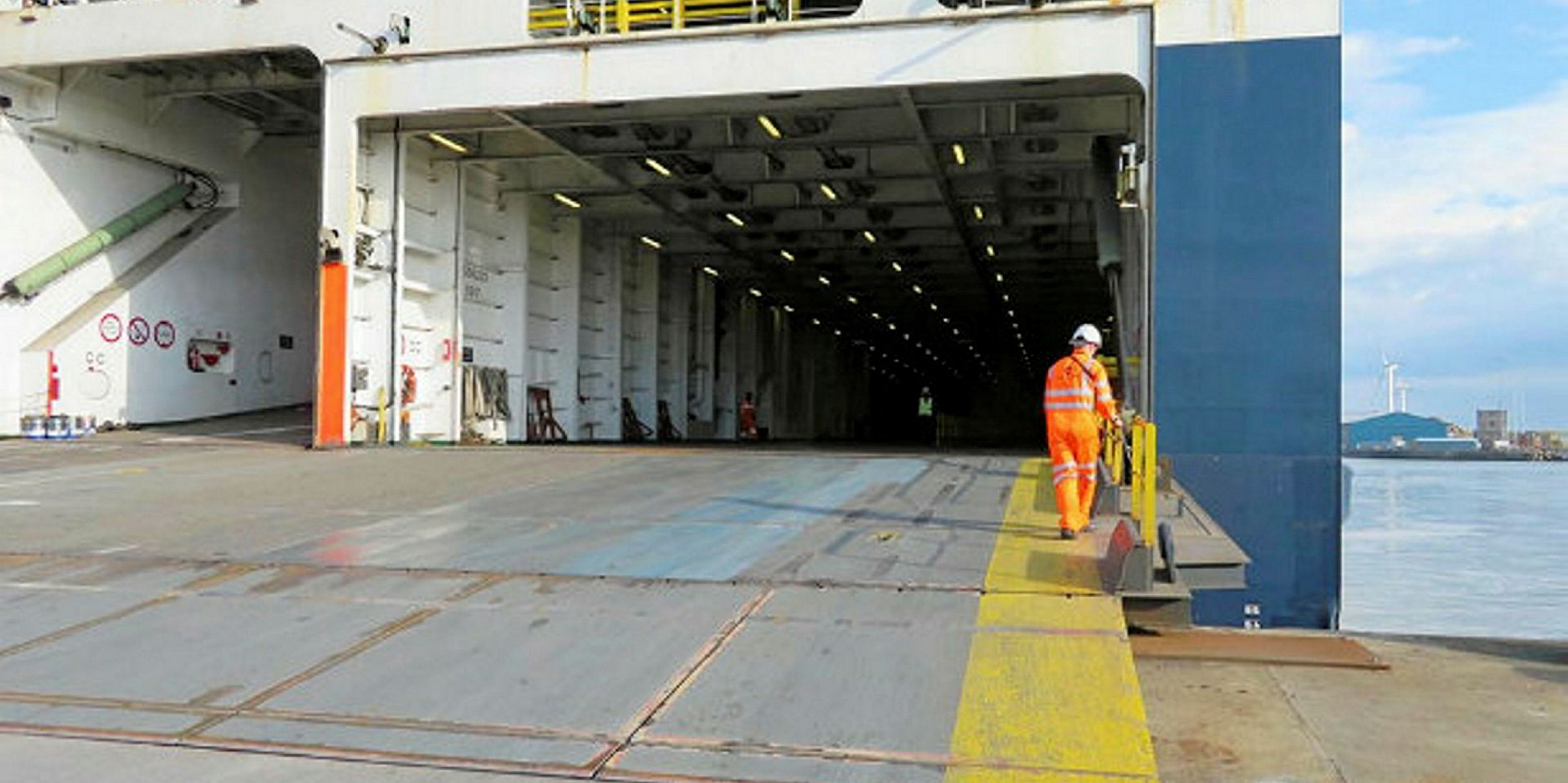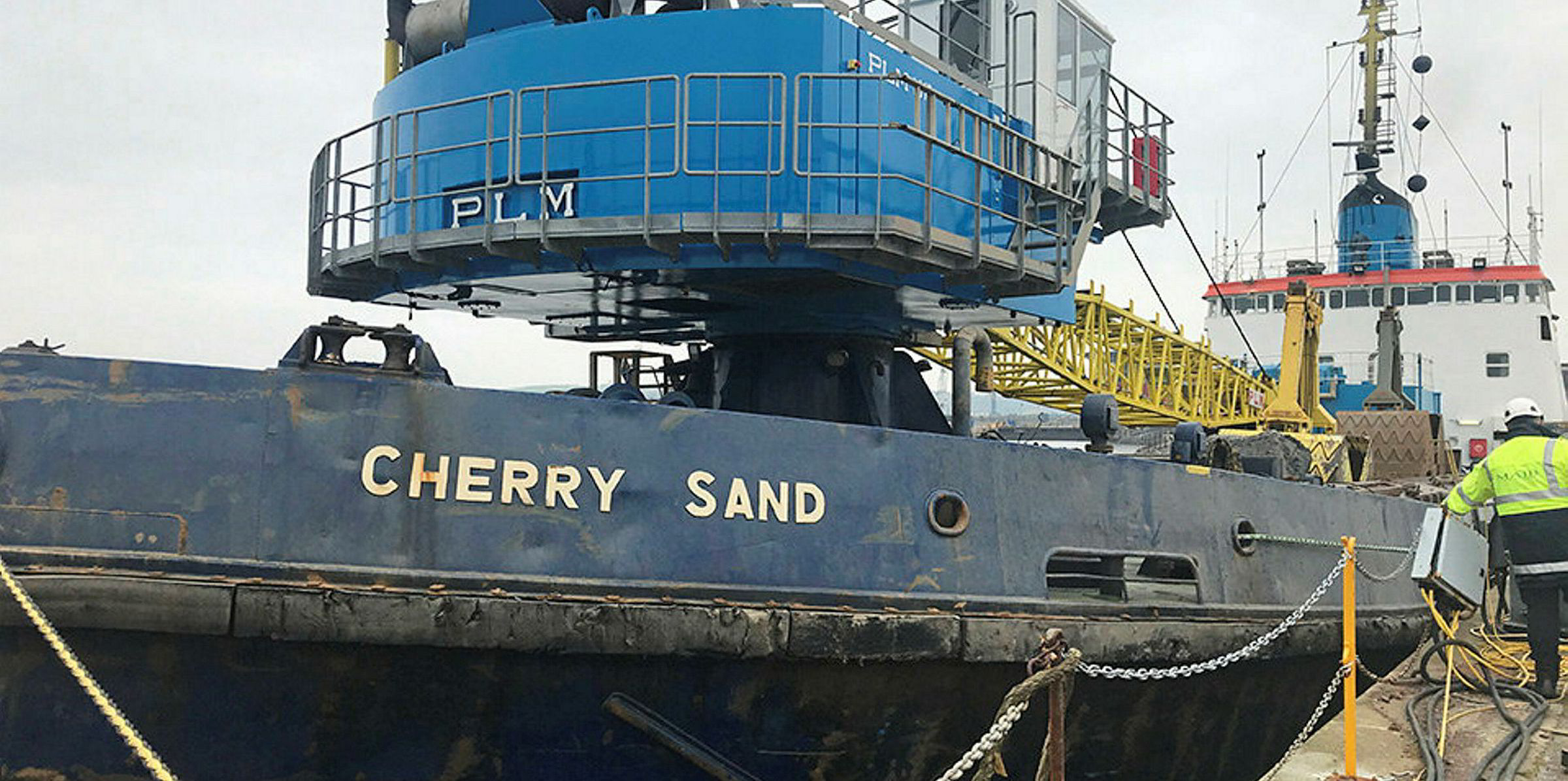Seafarers have been reminded of the perils of drinking on duty in a report into the death of a crewman crushed on a UK-flagged general cargoship in Spain.
The UK's Marine Accident Investigation Branch (MAIB) said Maciej Michal Reszkiewicz was trapped on 24 May 2019 between the vessel's gantry crane and a stack of cargo hold hatch covers during post-cargo loading operations in Seville.
He was working as the second officer on the 7,000-dwt Karina C (built 2010).
The officer had been working at the aft end of the main deck and was attempting to pass between the hatch covers and the stationary crane.
As he climbed on to the hatch coaming, the vessel's chief officer drove the crane aft, crushing the man.
The investigation concluded that Reszkiewicz, a 59-year-old from Poland, did not know his colleague was about to move the crane. The chief officer was also unaware of the other man's position.
The deadly accident occurred on the second officer's birthday, and MAIB judged he had probably been drinking to celebrate.
Judgement impaired
"The second officer's judgement and perception of risk were probably adversely affected by alcohol," MAIB said, adding that tiredness could also have been a factor.
An emergency services doctor, who was informed that the seafarer had fallen from the hatch coaming onto the deck, told the crew that he had probably died after having a heart attack.
As a result of this and evidence provided by the vessel's crew, the accident was not reported to the MAIB.
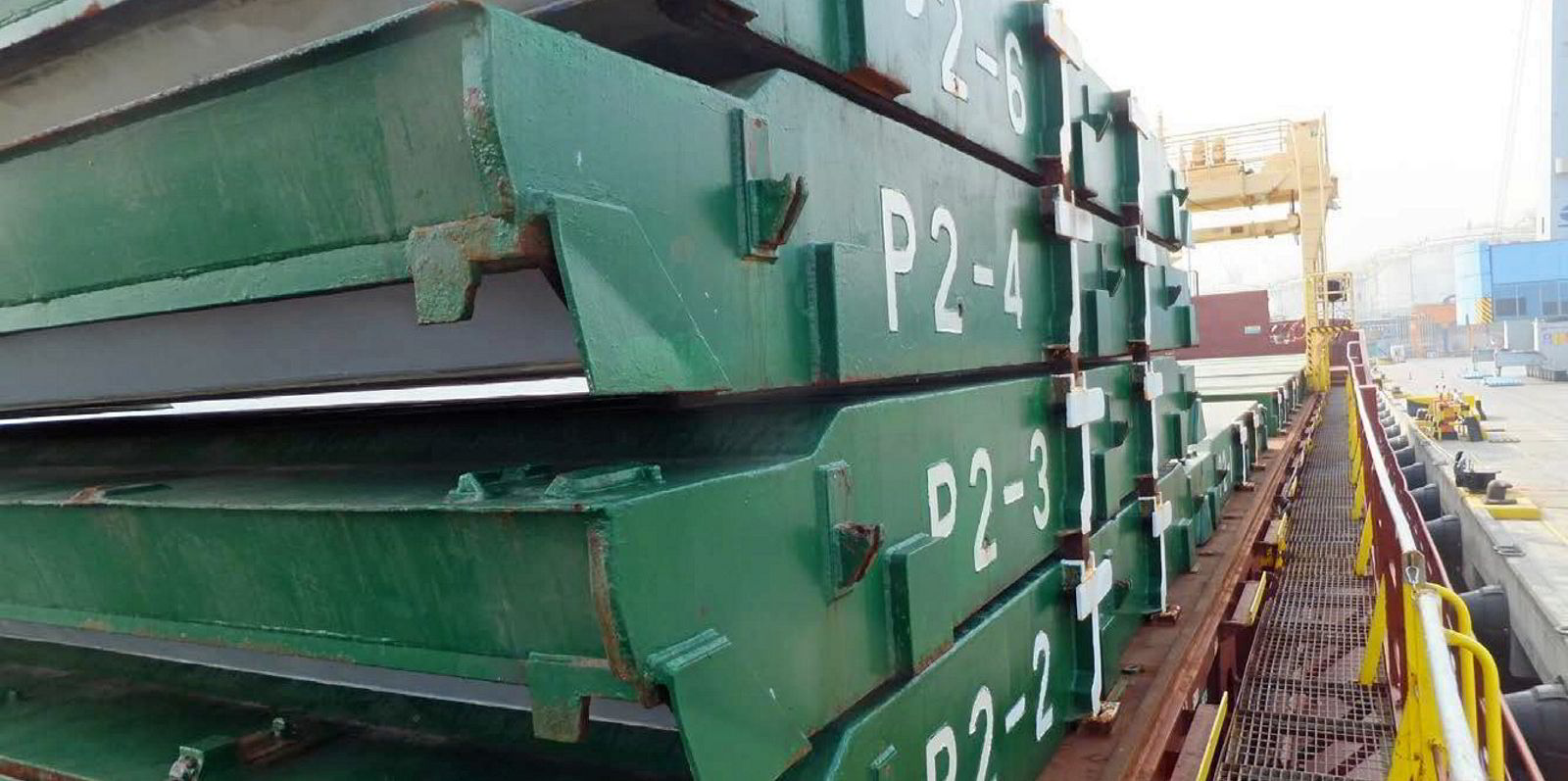
It took a post-mortem report and close examination of Karina C’s closed-circuit television recordings before UK manager Carisbrooke Shipping reported the accident.
The MAIB said the master did not adequately investigate or report the accident and the safety culture on board the Karina C was poor, with company procedures not being followed, and several unsafe working practices observed.
Nor was the company’s drug and alcohol policy enforced, it added.
Danger could have been averted
Andrew Moll, the MAIB's chief inspector of marine accidents, said decks are dangerous places and the accident could have been avoided if crew members had stuck to established safe working practices.
"The limited space available and ambient noise on deck mean that travelling gantry cranes, common on many operators' vessels, can be particularly hazardous," he said.
Moll added that the MAIB is currently investigating another tragic death in similar circumstances.
"The accident on Karina C is a further case where excess alcohol consumption almost certainly contributed to the death of a seafarer," he said.
Over the past five years, the MAIB has investigated three accidents resulting in crush injuries or fatalities.
During the same period, the agency has looked at 12 occupational accidents where drug or alcohol consumption was considered to have been a contributing factor.
Horrific injuries
The second officer had suffered a broken left femur, injuries to the skin of his lower legs and multiple rib fractures, together with lacerations to both lungs and ruptures to both his liver and left kidney. He died as a result of internal bleeding due to organ rupture.
The toxicology report stated that his blood alcohol content was 117 mg per 100 ml — double the permitted limit.
Excess alcohol
The investigation was not able to establish when and how much alcohol the Polish national had consumed, or whether he drank alone.
But the MAIB said: "There is a strong likelihood that he celebrated by consuming more alcohol than usual. There was also some evidence to suggest he drank with other crew members the evening before and/or during his midnight to 0600 watch."
The agency recommended Carisbrooke improve the safety culture on its ships.
In particular, the Isle of Wight-based operator of 31 bulkers and multipurpose ships should "take steps to ensure all crew on its vessels understand and adhere to agreed and established safe systems of work, aligned to the company’s safety management system, and that all accidents are reported appropriately".
Carisbrooke has updated its gantry crane operating procedures and safety measures, as well as its incident-reporting policy.
The company has also fitted additional emergency stops to all of its gantry cranes, improved the profile of its employee confidential reporting system, and reviewed and amended its alcohol policy to include frequent random testing of all crew and sanctions on masters in the event of policy breaches.
Eric Martin contributed to this story.
